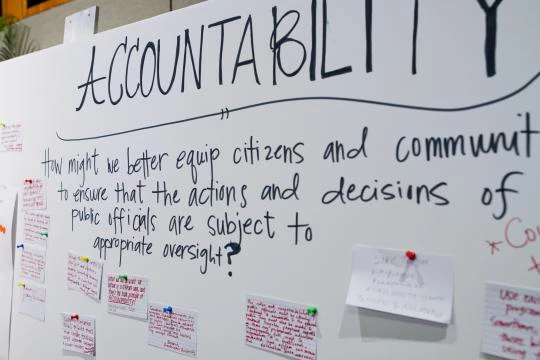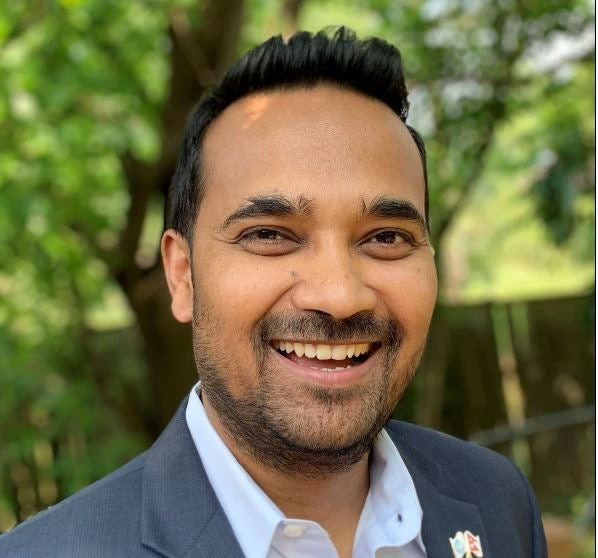
On a Friday morning in December of 2011, Mohamed Bouazizi, a 26-year-old street vendor, started his day to sell fruits and vegetables from his cart in Sidi Bouzid, Tunisia. But he didn’t have a permit to sell and a policewoman asked him to hand over his cart. He refused. She slapped him.
Bouazizi then walked straight to a government building and set himself on fire. In Tunisia, “dignity is more important than bread,” said his sister. That same day, protests began, quickly spreading via mobile and internet. Soon demonstrations were everywhere in the country. About a month later, the president of Tunisia fled.
Tunisia inspired many in the Middle East to speak up and protest. We know this phenomenon as the Arab Spring. These protesters, mostly young, challenged their governments in at least 20 countries. Young people demanded accountability, opportunities and transparency.
Throughout history, young people have used protests to hold governments accountable. Now, their roles in governments are front and center. Today’s youth are poised for greatness: not only are they the largest demographic in the world but they're also the most connected and educated generation.
Leaders realize climate change or corruption can’t be addressed without youth’s involvement.
That is why a group of young professional at the World Bank Group organized a Summit last week to discuss how they can help governments be more open and responsive. Youth, experts, senior leaders of World Bank Group, and members of civil society organizations convened to exchange ideas.
At the Summit, Mario Marcel, Senior Director of Governance Global Practice said that according to a World Bank Group Survey, citizens regardless of their location, age or gender want their governments to be more transparent, collaborative and responsive.
I’m not surprised by the results. Whether you are living in Netherlands or Nigeria, I’m sure you want a government that works for you. To make it work, young people need to learn skills that will empower them to hold governments accountable. Skills like how to develop e-governance tools or access information--those were taught at workshops being held at the Summit.
Governments and youth can be mutually beneficial partners. When 50% of the world’s population is 25 years or younger, if governments can be about youth and be partly made by youth, then only governments can truly become in Lincoln’s word: “government of the people, by the people, for the people.”
Today, young people have the responsibility to do everything they can to ensure that in years to come no other youth would have to be so desperate and burn himself/herself like the way Mohamed Bouazizi did.
It’s not easy. We know. It will require passion, persistence, prudence. But it can be done.
What do you think? Share your thoughts in the comments.


Join the Conversation